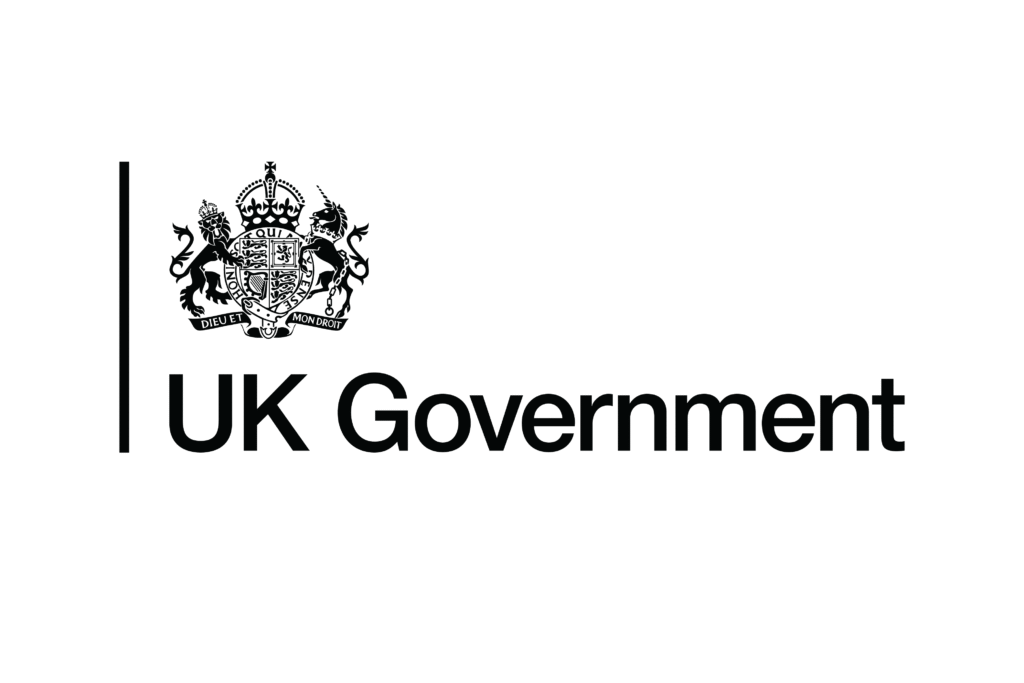
Leeds, UK – In a significant move set to empower some of the most vulnerable members of our community, the government has announced the removal of local connection rules for care leavers under 25 and victims of domestic abuse seeking social housing. These crucial changes, coming into force next month, will directly benefit young people transitioning out of the care system and survivors fleeing unsafe environments, ensuring they have better access to stable and secure housing.
For those of us working with and supporting young people leaving care, this news is a game-changer. Historically, the “local connection” requirement has often forced young care leavers to return to areas they may no longer have ties to, simply to access social housing. This can disrupt their education, training, and emerging support networks.
Katharine Sacks-Jones, CEO of Become, perfectly articulates the impact: “We welcome these new regulations that will allow more care leavers to access social housing where they are. Too many children in care are moved away from the people and places that matter to them and then made to move back to their local authority area once they turn 18 to access social housing support. Removing the local connection test will prevent forced moves, could help reduce homelessness and give care leavers a more positive start to adulthood.”
Similarly, domestic abuse survivors, often needing to relocate for their safety, will no longer face the additional hurdle of proving a local connection to access housing. This ensures that the immediate need for a safe home is prioritised.
These reforms apply to all councils in England, a welcome change given that nearly 90% currently use local connection criteria. This follows similar reforms last year for former UK Armed Forces Veterans, demonstrating a clear commitment from the government to protect and support vulnerable groups.
Deputy Prime Minister and Housing Secretary, Angela Rayner, highlighted the human impact of these changes: “It breaks my heart to hear countless stories of people leaving the care system or fleeing an abusive relationship and not having a place they can truly call home. We’re rewriting the rules to help get them a roof over their heads and the security they deserve.”
This initiative is backed by a substantial £39 billion investment in affordable and social housing, forming part of a new ten-year Affordable Homes Programme. This aims to deliver 1.5 million homes and significantly tackle housing waiting lists across the country.
Beyond the removal of local connection rules, additional support measures include:
- £160 million for councils to provide safe accommodation and support for domestic abuse survivors.
- New proposed legislation to ensure young care leavers are not considered ‘intentionally homeless’ and have access to housing under the council’s corporate parenting duty.
- An £800 million top-up for the current Affordable Homes Programme.
- Proposed Right to Buy reforms to protect council housing stock and a new ten-year social rent settlement.
Balbir Kaur Chatrik, Director of Policy and Prevention at Centrepoint, emphasized the broader impact for young people: “Removing this barrier will reduce homelessness and rough sleeping amongst care leavers and help them to thrive. Care leavers are often extremely vulnerable young people and lack the support networks that many of us take for granted. Despite this they often find it a real struggle to access the stable housing they need to thrive because they lack a local connection. The government’s change will hopefully stop this practice and ensure young people can get the stable and affordable homes they deserve.”
This collective effort represents a significant step towards creating more equitable and supportive pathways to stable housing for care leavers and domestic abuse survivors, embodying the very essence of what ‘Staying Close’ aims to achieve. The new regulations are set to come into force on Thursday, July 10th.